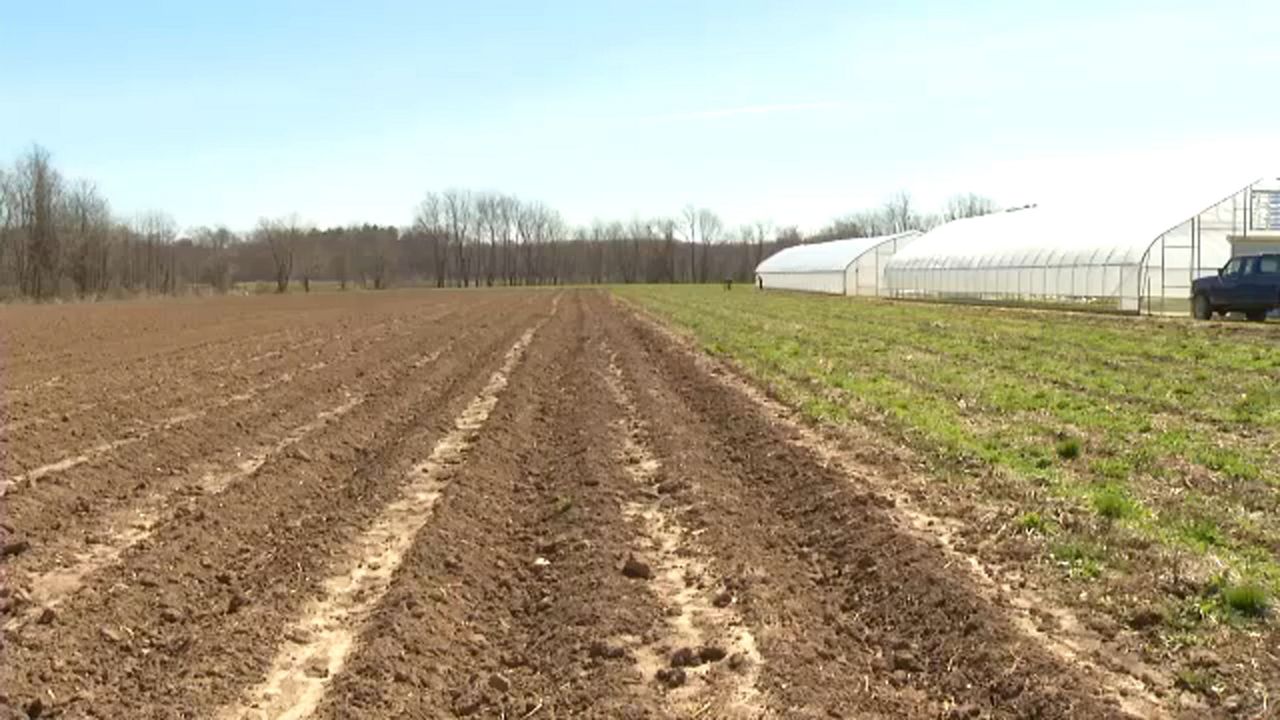Many of us, if we haven't already, are stocking up on groceries, adapting to and preparing for any challenges. Well, grocery suppliers are facing their own challenges too.
"With schools closing, with the restaurants shutting down, with coffee shops closing, institutions like universities no longer purchasing large quantities of milk and dairy products, that has been a big disruption in the market, and that has driven overrall demand down," said New York Farm Bureau Public Affairs Manager Steve Ammerman.
The New York Farm Bureau's Public Affairs Manager says at-home consumption of dairy products has jumped by about 40-percent but the change in overall demand is forcing processors to reconfigure where dairy products go.
So without places for the milk to go to, some farmers have to dump their milk.
The drop in demand has also made milk prices drop.
"We have a huge loss in demand in one sector that still creates a supply issue because there is still a lot of milk to be had and that's pushed milk prices down overall, and that's really the source of the problem," Ammerman said.
Places that hold auctions are feeling the pressure, too. To cut back on gatherings, the Unadilla Livestock Company has canceled or postponed many events. They're still holding small animal and livestock auctions, considered essential, on Wednesdays for sellers and buyers, but prices are down.
"It's just a matter of time and making sure that people are healthy," said Unadilla Livestock Company Owner Kaitie Rubin. "The market has definitely been impacted. There's slaughter houses that have had to close because of what's going on so that's definitely made the cows worth less."
New York Farm Bureau representatives want nurseries that don't produce food to be considered essential businesses. Equine facilities have also had to close.
At the end of the day, workers are urging people to support local but stop the spread.
"The biggest thing I can say is support your local farmers, buy local when you can, and when you can stay home," Rubin said.
People are asked to contact the New York Farm Bureau if they notice a store trying to limit the amount of dairy products being sold.



